The Art of Compensation: Exploring Verbs that Connote "Making Up"
Related Articles: The Art of Compensation: Exploring Verbs that Connote "Making Up"
Introduction
With great pleasure, we will explore the intriguing topic related to The Art of Compensation: Exploring Verbs that Connote "Making Up". Let’s weave interesting information and offer fresh perspectives to the readers.
Table of Content
The Art of Compensation: Exploring Verbs that Connote "Making Up"
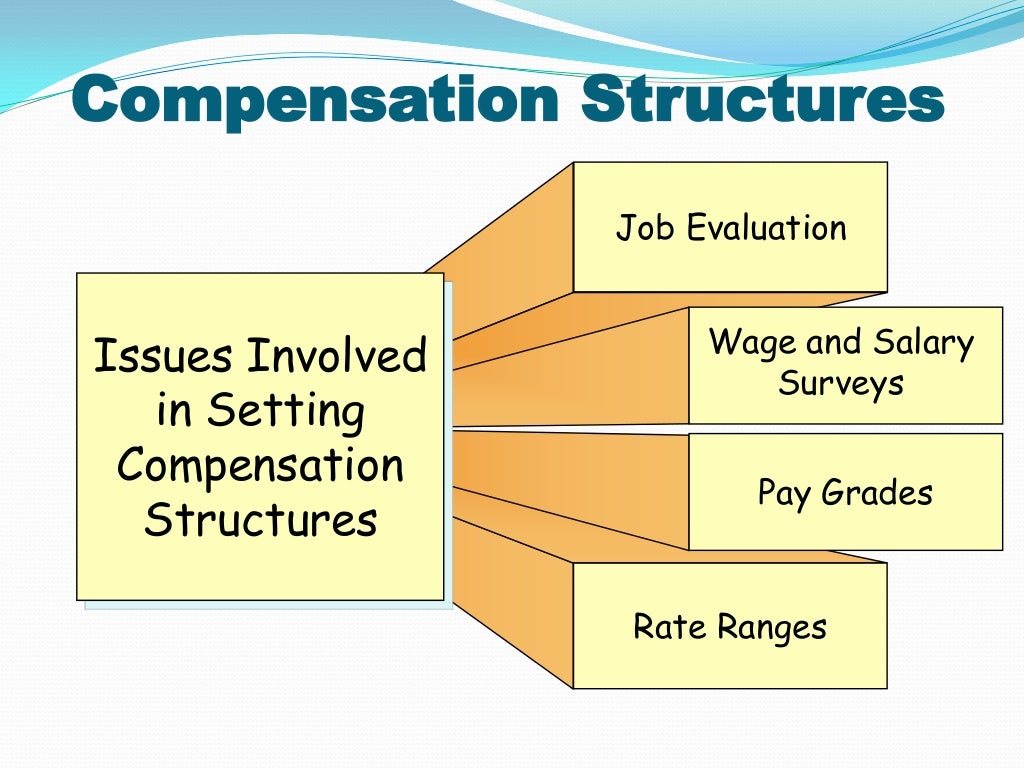
In the realm of language, precision is paramount. Choosing the right word can subtly shift the meaning of a sentence, adding nuance and depth to the message conveyed. While the verb "make up" holds a common place in our vocabulary, it often lacks the specificity required for nuanced communication. This exploration delves into the rich tapestry of verbs that serve as synonyms for "make up," highlighting their unique connotations and applications.
Beyond the Literal: Understanding the Nuances of "Make Up"
The verb "make up" encompasses a broad range of actions, from creating something new to reconciling after a disagreement. It can refer to physical fabrication, as in "making up a story," or to emotional reconciliation, as in "making up with a friend." However, the literal act of "making up" often lacks the necessary precision to convey the specific nature of the action.
A Thesaurus of Compensation: Exploring Synonyms for "Make Up"
To navigate the complexities of language, we must delve into the world of synonyms. Here, we explore a diverse range of verbs that effectively substitute for "make up," each carrying its own unique flavor and application:
1. Fabricate: This verb implies the creation of something new, often from existing materials. It emphasizes the act of constructing or assembling, suggesting a deliberate and calculated process.
Example: "The artist fabricated a stunning sculpture from recycled materials."
2. Invent: This verb emphasizes the creation of something novel and original. It implies a spark of creativity and imagination, suggesting a unique and innovative creation.
Example: "The scientist invented a new method for generating renewable energy."
3. Compose: This verb suggests the creation of something through careful arrangement and organization. It implies a structured and systematic approach, often used in the context of written works or musical compositions.
Example: "The musician composed a beautiful symphony that captivated the audience."
4. Forge: This verb implies the creation of something through skillful manipulation or craftsmanship. It suggests a process requiring expertise and dedication, often used in the context of metalworking or artistic creations.
Example: "The blacksmith forged a sturdy sword that became a symbol of power."
5. Concoct: This verb implies the creation of something through a mixture of ingredients or ideas. It suggests a process involving ingenuity and experimentation, often used in the context of culinary creations or elaborate plans.
Example: "The chef concocted a unique dish that combined traditional flavors with modern techniques."
6. Reconcile: This verb emphasizes the act of resolving a conflict or disagreement. It implies a process of finding common ground and restoring harmony, often used in the context of interpersonal relationships.
Example: "The couple reconciled after a long period of separation."
7. Amends: This verb implies the act of making up for a wrong or offense. It suggests a process of atonement and reparation, often used in the context of seeking forgiveness or restoring trust.
Example: "The company made amends for its environmental violations by investing in sustainable practices."
8. Compensate: This verb emphasizes the act of making up for a loss or deficiency. It suggests a process of balancing the scales and restoring equilibrium, often used in the context of financial settlements or material reparations.
Example: "The insurance company compensated the homeowner for the damages caused by the fire."
9. Atone: This verb implies the act of making amends for wrongdoing, often through self-punishment or acts of service. It suggests a deep sense of remorse and a desire to make things right.
Example: "The criminal atoned for his crimes by volunteering at a local charity."
10. Repent: This verb implies a deep sense of regret and a desire to change one’s ways. It suggests a transformation of the heart and a commitment to moral improvement.
Example: "The sinner repented for his past actions and vowed to live a righteous life."
The Power of Precision: Choosing the Right Verb
By carefully selecting the appropriate verb, we can add layers of meaning to our communication. Each synonym for "make up" carries its own unique connotation, highlighting the specific nature of the action being described.
For example, saying "The author fabricated a new character for the story" implies a deliberate and calculated process, while "The author invented a new character for the story" suggests a spark of creativity and imagination.
The choice of verb can dramatically impact the reader’s understanding of the message. By opting for a synonym that precisely reflects the intended meaning, we enhance the clarity and impact of our communication.
Frequently Asked Questions: Exploring the Depth of "Make Up" Synonyms
1. What is the difference between "fabricate" and "invent"?
While both verbs imply creation, "fabricate" emphasizes the construction of something from existing materials, while "invent" suggests the creation of something entirely new and original.
2. When should I use "reconcile" instead of "make up"?
"Reconcile" is a more formal and nuanced synonym for "make up," suggesting a process of resolving conflict and restoring harmony. It is often used in the context of interpersonal relationships or diplomatic negotiations.
3. What is the difference between "compensate" and "amends"?
"Compensate" implies making up for a loss or deficiency, often through financial means, while "amends" suggests making up for a wrong or offense, often through acts of atonement or reparation.
4. How do I choose the best synonym for "make up"?
Consider the specific context of your writing and the nuance you wish to convey. The most appropriate synonym will be the one that most accurately reflects the action being described.
Tips for Effective Use of "Make Up" Synonyms
-
Consider the context: The choice of synonym should be guided by the specific situation and the intended meaning.
-
Pay attention to connotation: Each synonym carries its own unique flavor and implication. Choose the one that best reflects the desired nuance.
-
Use a thesaurus wisely: A thesaurus can be a helpful tool, but remember that not all synonyms are created equal. Consider the context and the intended meaning before making a substitution.
-
Read aloud and revise: After choosing a synonym, read your sentence aloud to ensure that it flows naturally and conveys the intended meaning.
Conclusion: Embracing the Power of Language
The English language is a vast and complex system, offering a wealth of options for expressing ourselves. While the verb "make up" holds a familiar place in our vocabulary, it often lacks the precision required for nuanced communication. By exploring the rich tapestry of synonyms for "make up," we unlock a world of possibilities for enriching our writing and enhancing our understanding of the world around us. By embracing the power of language, we can communicate with greater clarity, depth, and precision.

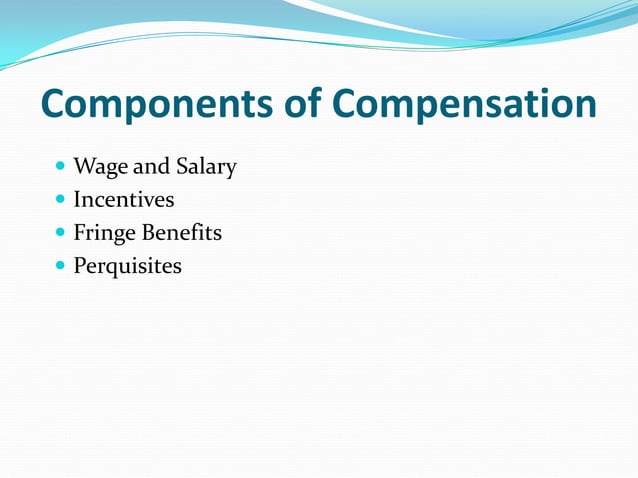
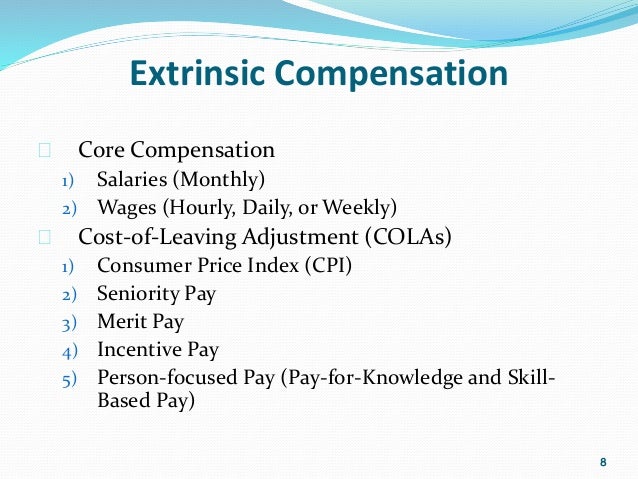
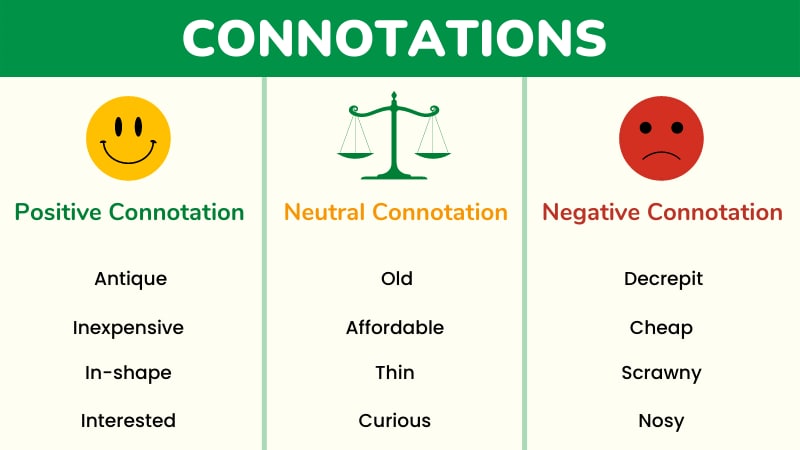


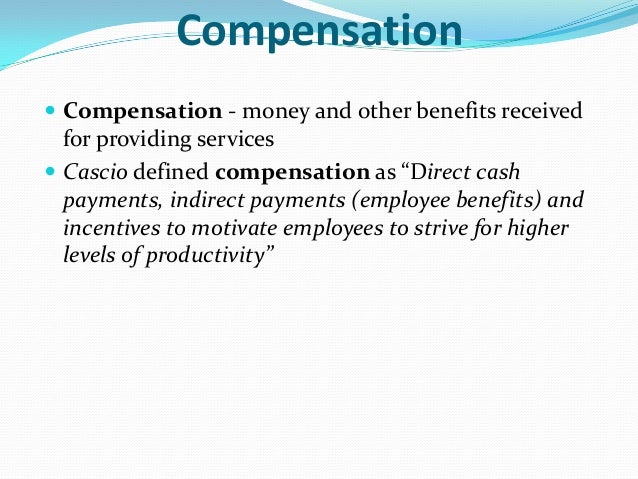
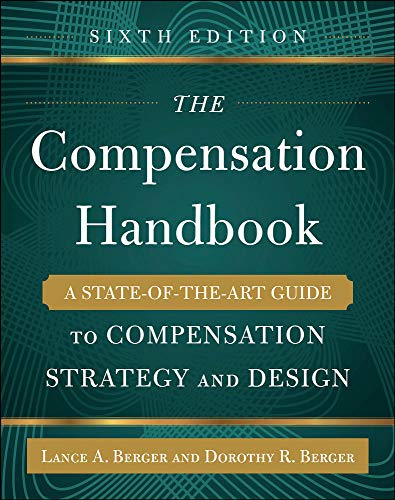
Closure
Thus, we hope this article has provided valuable insights into The Art of Compensation: Exploring Verbs that Connote "Making Up". We thank you for taking the time to read this article. See you in our next article!